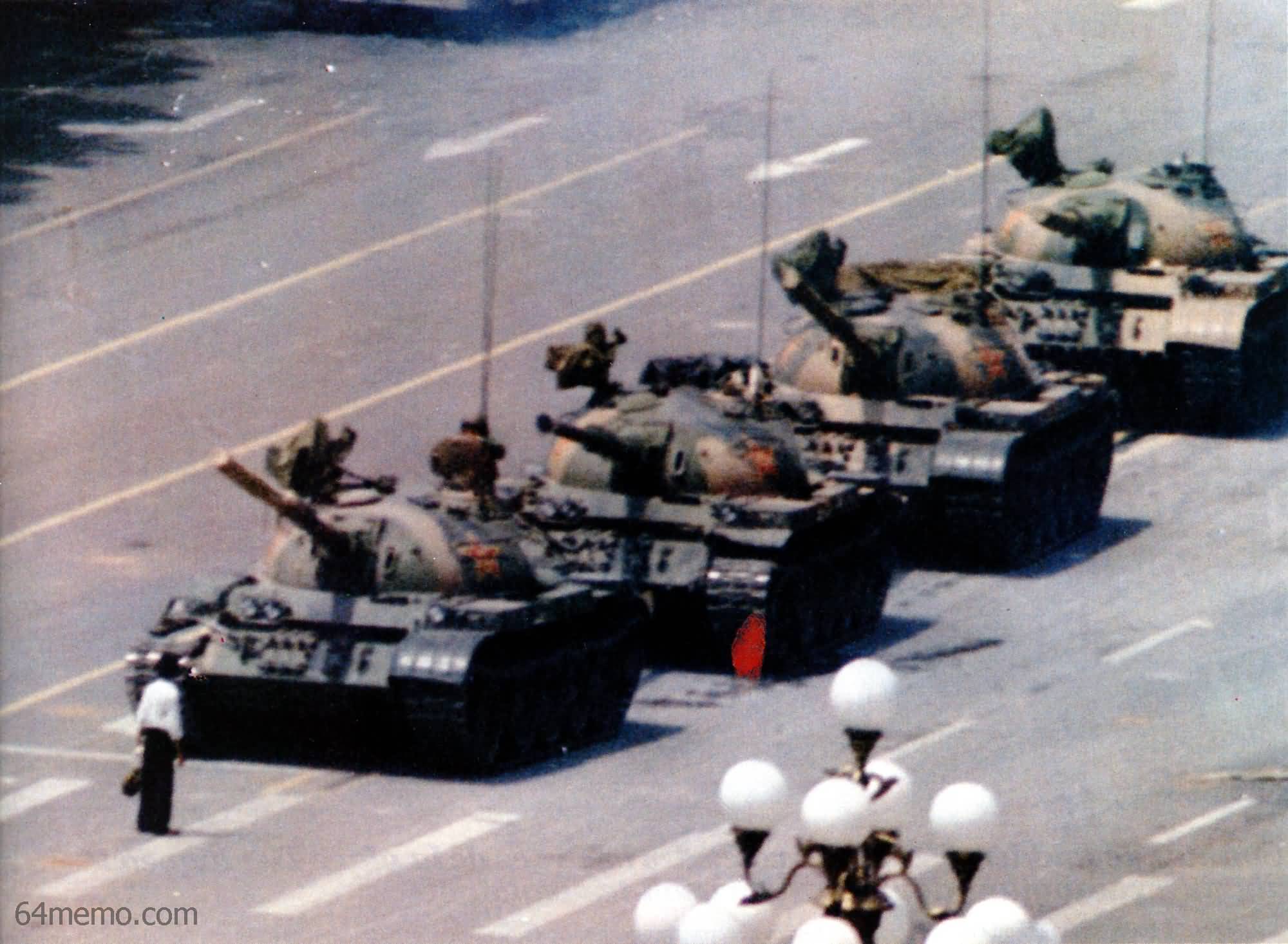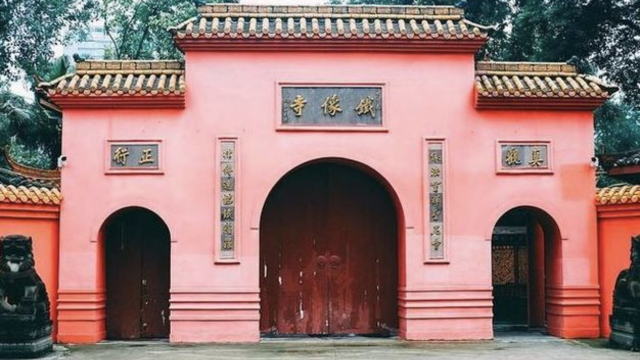31 Years Since Crackdown, Domestic Repression Worsens, Goes Global

The Chinese government should accept responsibility for the massacre of an untold number of peaceful pro-democracy demonstrators around June 4, 1989, Human Rights Watch said today. The authorities should cease all harassment of families of victims and activists for commemorating the occasion and censorship of discussions of the crackdown.
“China’s government never paid a price at home or abroad for the Tiananmen Massacre, encouraging its arbitrary detention of millions, repression of civil society, and weakening of international human rights law and institutions,” said Yaqiu Wang, China researcher. “Governments need to take stronger measures to pressure Beijing to acknowledge past wrongdoing and cease ongoing abuses.”
As in previous years, in the weeks before the anniversary, authorities have been on high alert across China to preempt commemorations of the massacre. Authorities have put under house arrest or restricted the movement and communication of members of Tiananmen Mothers, a group of relatives of Tiananmen Massacre victims, including Zhang Xianling, 82, and Ding Zilin, 83, whose sons were killed in the crackdown. The police have also put many activists, including Gao Yu, Hu Jia, Zha Jianguo, and Qi Zhiyong, under house arrest and prohibited them from communicating with others or updating their social media accounts.
The last person known to be imprisoned for his involvement in the 1989 protests was released in October 2016. But many who took part in the demonstrations and continued their activism after their release have been re-incarcerated. Among them, Huang Qi, prominent activist and founder of the human rights website 64 Tianwang, is serving a 12-year sentence after being convicted in 2019 of “illegally providing state secrets abroad.” Writers Liu Xianbin and Chen Xi, detained since 2010 and 2011 respectively, have been serving 10-year sentences on “inciting subversion” charges.
Chen Bing, sentenced to three-and-a-half-years in prison in 2019 for commemorating the massacre, was released in January 2020. Chen Wei, Chen Bing’s twin brother, was released in February after serving nine years in prison on charges of “inciting subversion.” The authorities continue to harass and restrict the brothers’ movements.
The severe repression inside China has made commemoration of the Tiananmen Massacre increasingly difficult. However, Chinese activists in Canada, Germany, Taiwan, the United States, and other countries continue to hold discussions and memorials. Recently, the police in China harassed mainland activists who participated in online activities organized by Chinese abroad.
For the first time in 30 years there will be no vigil for the massacre in either Hong Kong or Macau. Both former colonies banned the vigil, citing Covid-19 related concerns. The event in Hong Kong is usually attended by tens of thousands of people. The two cities have been promised autonomy but in recent years, respect for the basic rights and freedoms of their populations has significantly declined.
The Chinese government continues to ignore international and domestic calls for justice for the Tiananmen Massacre, and sanctions that the US government imposed in response to the massacre have over the years been weakened or evaded. The lack of a broad and meaningful international response to the massacre and ensuing crackdown helps explain Beijing’s increasingly brazen abuses, including the continuing mass detention of an estimated one million Turkic Muslims, the weeks-long cover up of the Covid-19 outbreak, and, most recently, the direct imposition of national security legislation on Hong Kong contrary to the Basic Law. Instead of acknowledging and addressing its abysmal human rights record, Beijing has tried to present itself as a leader at the United Nations Human Rights Council.
The Tiananmen Massacre was precipitated by the peaceful gatherings of students, workers, and others in Beijing’s Tiananmen Square and other Chinese cities in April 1989, calling for freedom of expression, accountability, and an end to corruption. The government responded to the intensifying protests in late May 1989 by declaring martial law.
On June 3 and 4, the military opened fire and killed untold numbers of peaceful protesters and bystanders. In Beijing, some citizens attacked army convoys and burned vehicles in response to the military’s violence. Following the killings, the government implemented a national crackdown and arrested thousands for “counter-revolution” and other criminal charges, including disrupting social order and arson.
The government has never accepted responsibility for the massacre or held any officials legally accountable for the killings. It has been unwilling to conduct an investigation into the events or release data on those who were killed, injured, forcibly disappeared, or imprisoned. The nongovernmental organization Tiananmen Mothers, consisting mostly of family members of those killed, has established the details of 202 people who were killed during the suppression of the movement in Beijing and other cities.
The government of President Xi Jinping should mark the 31st anniversary of June 4, 1989 by addressing the human rights violations pertaining to the event. Specifically, the government should:
- Respect the rights to freedom of expression, association, and peaceful assembly, and cease the harassment and arbitrary detention of individuals who challenge the official account of June 4;
- Meet with and apologize to members of the Tiananmen Mothers, publish the names of all who died, and appropriately compensate the victims’ families;
- Permit an independent public inquiry into June 4, and promptly release its findings and conclusions to the public;
- Allow the unimpeded return of Chinese citizens, exiled due to their connections to the events of 1989; and
- Investigate all government and military officials who planned or ordered the unlawful use of lethal force against peaceful demonstrators, and appropriately prosecute them.
“Despite extraordinary persecution, human rights activists across China continue to follow the spirit of 1989 and push for democracy and freedom in the country,” Wang said. “Governments around the world need to support them, learn from them, and stand up to the Chinese government’s abuses.”
Source: Human Rights Watch. China: No Justice for Tiananmen Emboldens Abuses. © 2020 by Human Rights Watch.












